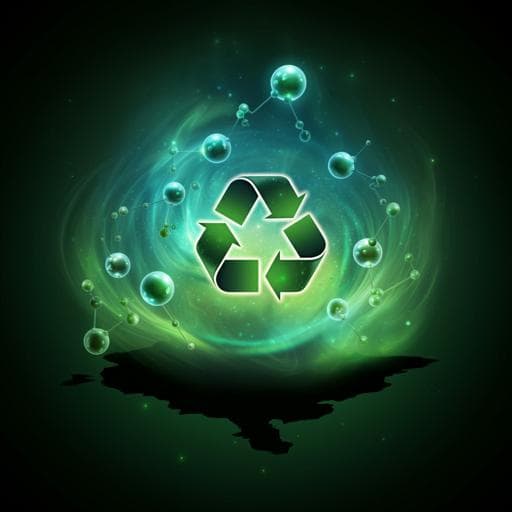
Chemistry
Converting waste PET plastics into automobile fuels and antifreeze components
Z. Gao, B. Ma, et al.
Discover an innovative low-cost method to tackle plastic pollution through the transformation of PET waste into valuable p-xylene and ethylene glycol. This research, conducted by Zhiwen Gao, Bing Ma, Shuang Chen, Jingqing Tian, and Chen Zhao, showcases a groundbreaking one-pot approach that harnesses a modified Cu/SiO2 catalyst and methanol, providing an in-situ hydrogen source and making strides towards environmental sustainability.
~3 min • Beginner • English
Related Publications
Explore these studies to deepen your understanding of the subject.







